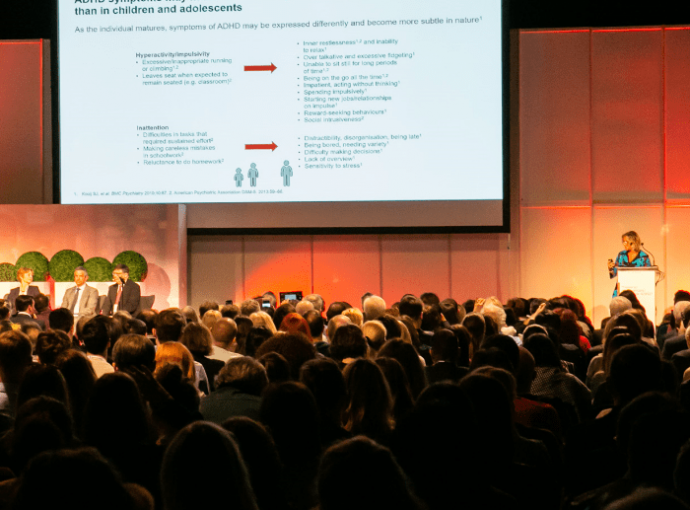Scientific Programme
EPA leadership and congress organisers are working together to build an exciting congress programme with an adapted format mindful of the current context. Sign up for the congress newsletter to receive the latest updates about EPA 2021, including scientific programme announcements, registration rates, e-poster information, deadline reminders, and more.
ECP Programme
EPA Virtual 2021 invites recent graduates to its specialist programme tailored to the needs of the Early Career Psychiatrist (ECP).
Click the button below to learn more.
Core Programme
Violence Against Women and Mental Health
Speaker: Louise Howard, United Kingdom
Empathy and Embodied Self: Neural Underpinnings of Interpersonal Relations
Speaker: Vittorio Gallese, Italy
Stability and Change: Mental Disorders Across Lifetime
Speaker: Avshalom Caspi, USA
Should Schizoaffective Disorder be Diagnosed Cross-Sectionally (ICD-11) instead of Longitudinally (DSM-5)?
Pro
Speaker: Peter Falkai, Germany
Con
Speaker: Ingrid Melle, Norway
Legalisation of Cannabis: Is it Harmful or is it a Needed Change?
Pro
Speaker: Jørgen Bramness, Norway
Con
Speaker: Philip McGuire, United Kingdom
The COVID-19 Pandemic: Is it a Turning Point for e-Health?
Pro
Speaker: Heleen Riper, The Netherlands
Con
Speaker: Hans-Jürgen Möller, Germany
Personalised Psychiatry and Predictive Modelling: Translational Gimmick or Realistic Way Forward?
Speaker: Nikolaos Koutsouleris, Germany
Virtual Reality: Everything Psychiatrists Should Know
Speaker: Lucia Valmaggia, UK
The Clinical Characterisation of the Patient with Primary Psychosis Aimed at Personalisation of Management
Speaker: Mario Maj, Italy
Digital Interventions in Severe Mental Disorders
Speaker: Sandra Bucci, UK
Targets and Outcomes of Psychotherapies for Mental Disorders
Speaker: Pim Cuijpers, The Netherlands
Digital-based Parent Training (DPT) Programmes for Parents of Children with Disruptive Behaviours
Speaker: Christoph Correll, Germany
Implementing Digital Mental Health Across Europe
Wolfgang Gaebel, Germany
Aikaterini Nomidou, Greece
Managing the Challenges in Implementing Digital Mental Health in Europe
Speaker: Oyono Vlijter, The Netherlands
The EPA-Council of National Associations in Implementing Digital Mental Health Across Europe: Opportunities and Challenges
Speaker: Simavi Vahip, Turkey
The Role of Research in Evaluating and Implementing Digital Mental Health
Speaker: Heleen Riper, The Netherlands
The Integrative Function of a Transnational Policy and Roadmap for Action Planning in Implementing Digital Mental Health
Speaker: Wolfgang Gaebel, Germany
Consequences of COVID-19 Outbreak on Mental Health
Stephanie Le Hellard, Norway
Simavi Vahip, Turkey
Lessons Learned From the Coronavirus Health Crisis in Spain
Speaker: Celso Arango, Spain
Lessons Learned From the Coronavirus Health Crisis in the Nordic Countries
Speaker: Unnur Valdimarsdottir, Iceland
Consequences of COVID-19 and Epidemiological Countermeasures on Mental Health in Europe: International Comparisons based on SHARE
Speaker: Axel Börsch-Supan, Germany
Early Findings from PERISCOPE (Pan-European Response to the Impacts of COVID-19 and Future Pandemics and Epidemics)
Speaker: Walter Osika, Sweden
Evidence-Based Family Interventions in Perinatal Psychiatry
Tamas Kurimay, Hungary
Martina Rojnic-Kuzman, Croatia
Development and Efficacy of a Psychoeducational Family Intervention for Perinatal Depression
Speaker: Andrea Fiorillo, Italy
Perinatal Psychiatry and Families’ Mental Health: Evidences from some French Graduated and Integrated Practices
Speaker: Anne-Laure Sutter-Dallay, France
What Is the Role of Video Feedback in Supporting Parents Experiencing Mental Health Problems?
Speaker: Jane Barlow, UK
Family Healing: Contextual Interventions in Perinatal Clinical Practice
Speaker: Tamas Kurimay, Hungary
Implementing Alternatives to Coercion in Mental Health Care
Meryam Schouler-Ocak, Germany
Urs Würsch, Switzerland
The WPA Programme on Implementing Alternatives to Coercion
Speaker: Helen Herrman, Australia
Involuntary Detention and Treatment: Are We Edging Toward a Paradigm Shift?
Speaker: Sonia Johnson, UK
Service User Perspectives on Coercion in Mental Health
Speaker: Aikaterini Nomidou, Greece
Implementing the Quality Rights Programme in Public Mental Health
Speaker: Soumitra Pathare, India
Epigenetics in Mental Disorders
Philip Gorwood, France
Jan Wise, UK
Epigenetic Studies in Psychosis
Speaker: Sarah Tosato, Italy
Epigenetic studies in Adult ADHD
Speaker: Tetyana Zayats, USA
Epigenetic Association with Environmental Risk Factors for Mental Disorders
Speaker: Stephanie Le Hellard, Norway
Epigenetic Pathways in PTSD
Speaker: Tortsen Klengel, USA
Network Analysis for Personalisation of Treatment: Understanding Links Among Symptoms, Risk Factors and Functioning
Peter Falkai, Germany
Diego Palao Vidal, Spain
Recovery in Schizophrenia: A Network Analysis of Inter-Relationships Among Disease-Related Variables, Personal Resources, Context-Related Factors and Real-Life Functioning
Speaker: Armida Mucci, Italy
Symptom-Specific Assessment of Treatment Efficacy: The Potential of Network Estimation Techniques
Speaker: Lynn Borschloo, The Netherlands
Network Meta-Analysis of Antidepressant Efficacy: Perspective and Challenges for Personalisation of Care
Speaker: Andrea Cipriani, Italy
Network Analysis in the Conceptualisation of Eating Disorders
Speaker: Alessio Monteleone, Italy
When East Meets West, the Treatment of Depression is at its Best
Jun Chen, China
Peter Gorwood, France
The Western Concepts of Treatment Resistant Depression and Difficult to Treat Depression
Speaker: Koen Demyttenaere, Belgium
Add-on Treatment for Chinese Patients with MDD, the Difference Between Treatment Guidelines and Clinical Practice
Speaker: Shaohua Hu, China
An Overview of Western Treatment Options for Difficult to Treat Depression
Speaker: Hamish McAllister-Williams, UK
Ketamin Add-on Treatment for Depression, Data from China
Speaker: Yuping Ning, China
East Meets West: How did Psychiatric/Mental Health Services Deal with the COVID-19 Pandemic?
Jun Chen, China
Peter Falkai, Germany
The Challenge of Mental Health Service during the COVID-19 Pandemic, Experience from Wuhan
Speaker: Yi Li, China
The Development of Online Mental Health Service during the COVID-19 Pandemic
Speaker: Huaning Wang, China
COVID-19 the Italian Perspective
Speaker:Marco Solmi, Italy
COVID-19 the Scandinavian Perspective
Speaker: Ole Andreassen, Norway
COVID-19 Pandemic and Psychiatry: Challenges, Experiences and Future Perspectives from Different European Countries
Session Chairs:
Simavi Vahip, Turkey
Jerzy Samochowiec, Poland
What Happened to our Patients and Mental Health Services and How Should we be More Ready in the Future?
Speaker: Jan Falkowski, UK
The Role of Professional’s Associations Under Extraordinary Situations: Contingency, Capacity, and Collaboration
Speaker: Koray Başar, Turkey
Ethical Issues under the Pressure of a Pandemic
Speaker: Bernardo Carpiniello, Italy
Experiences and Projections for the Future of Research, Training and Other Academic Activities: Will it be the Same?
Speaker: Pavel Mohr, Czech Republic
The Neuroimaging of Pharmacological Effects
Session Chairs:
Philip Gorwood, France
Gitte Knudsen, Denmark
PET Imaging of Receptor Occupancy
Speaker: Gitte Knudsen, Denmark
Using fMRI to Advance New Drugs Discovery for Psychiatric Disorders
Speaker: Gerard R. Dawson, UK
EEG and ECG Based Response Predictors in Depression: Time for Personalised Medicine or Treatment Stratification?
Speaker: Martijn Arns, The Netherlands
You Can Tell a Good Workman by His Tools: The Instruments of Psychiatrists, Psychologists and Neurologists. Why so Different?
Session Chairs:
Danuta Wasserman, Sweden
Mariana Pinto da Costa, UK
EPA Perspective
Speaker: Philip Gorwood, France
EAN Perspective
Speaker: Claudio Bassetti, Switzerland
EFPA Perspective
Speaker: Christoph Steinebach, Germany
Best of 2020 : Research that Advanced Psychiatry and Changed our Practice
Jan Wise, UK
Philip Gorwood, France
Addiction
Speaker: Jørgen Bramness, Norway
Personality Disorders
Speaker: Christian Schmahl, Germany
Bipolar Affective Disorder
Speaker: Allan Young, UK
Session Descriptions
The EPA 2021 scientific programme will cover the latest developments in psychiatry, through state-of-the-art presentations, live moderation, discussions and more. Click below to view detailed descriptions of all the session formats on offer at the EPA Congress.
The European Congress of Psychiatry serves the educational mission of the EPA by providing high-quality EPA Courses, covering all aspects of psychiatry. Fees are charged separately for the courses. Each EPA Course is composed of one 120-minute sessions.
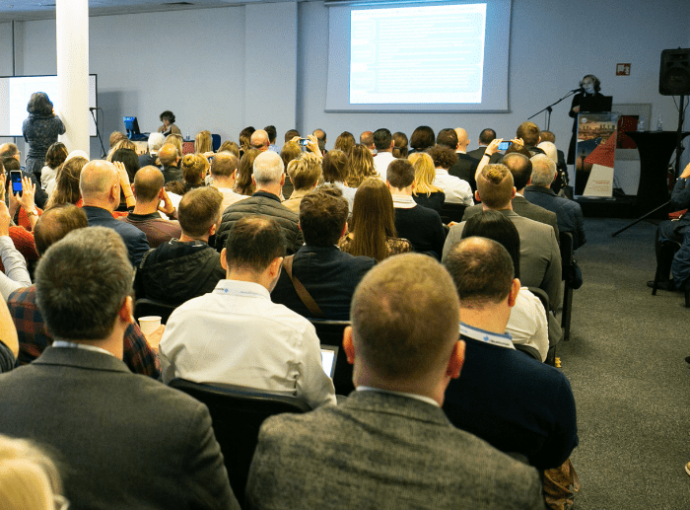
The State-of-the-Art lectures have a strong clinical focus, providing a complete update on significant aspects of current clinical treatments in European psychiatry. The State-of-the-Art lectures are delivered by top European or worldwide experts and last 45 minutes.

The Plenary lectures are mainly theoretical and research-oriented, with a strong scientific focus. These lectures are delivered by leading psychiatrists, scientists and other mental health professionals invited by the Scientific Programme Committee. They cover the major topics of the Congress theme.
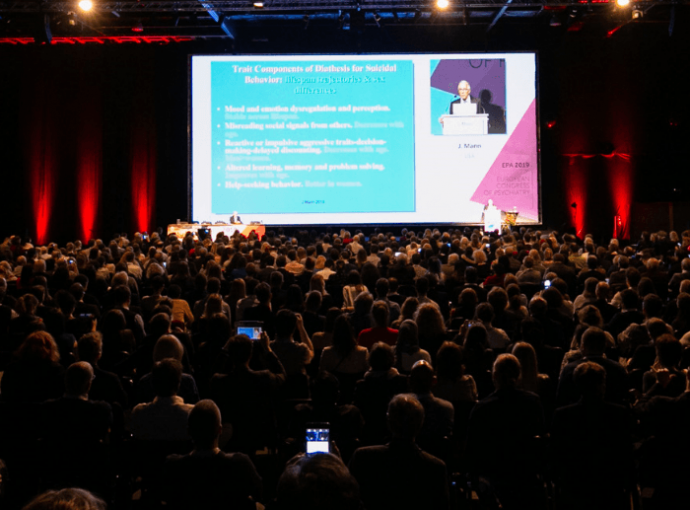
Debates offer a lively and fruitful discussion on controversial issues. A chairperson moderates the debate and the following discussion, while two speakers (proponent /opponent) offer and challenge opinions on “hot topics” for 30 minutes each. Participants may also be asked to interact by voting at the beginning and/or end of the session.
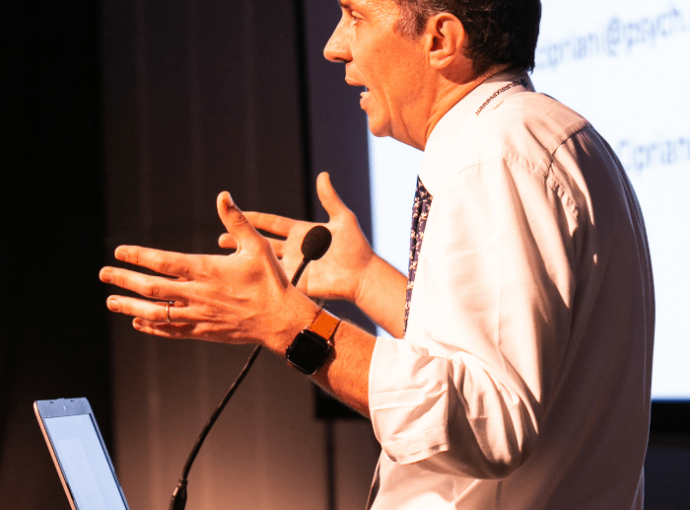
These 90-minute sessions, selected by the Scientific Programme Committee, focus on specific topics in psychiatry, representing several points of view. Each symposium includes four presentations by international speakers and offers an opportunity for discussion at the end.
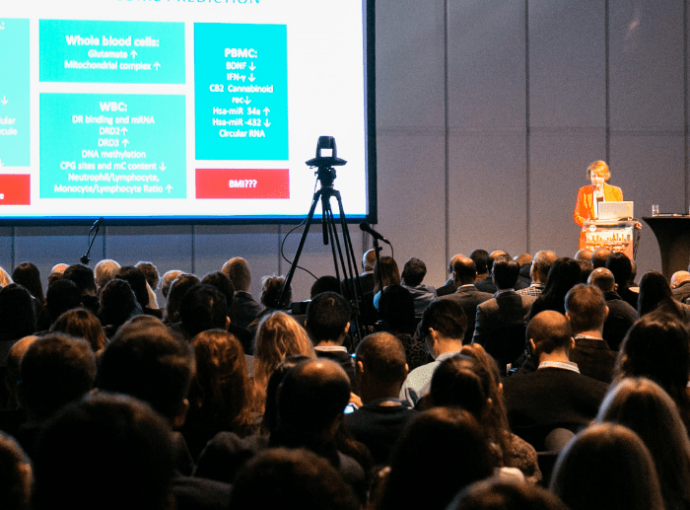
The Workshops are devoted to a specific topic and bring together experts in this field for an intensive discussion. These are 90-minute working sessions, with 30 minutes devoted to discussion and interactivity.
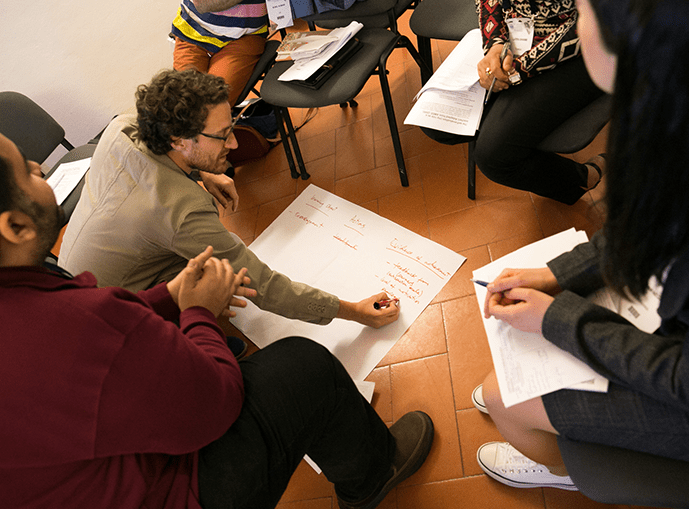
The EPA invites recent graduates to follow its specialist programme, which is tailored to the needs and interests of early career psychiatrists. The ECP Programme is composed of a Networking Evening and a special track of sessions throughout the Congress.
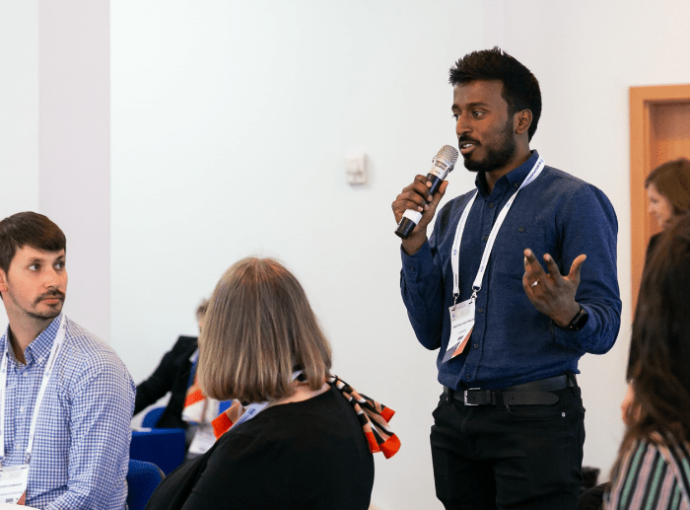
Ask the Experts sessions allow participants to meet in a small group with outstanding researchers and clinicians. The format is designed to facilitate informal discussions, allowing participants to present their questions and gain new perspectives. Sessions take place at round tables and are limited to a certain number of participants with advanced sign-up required.
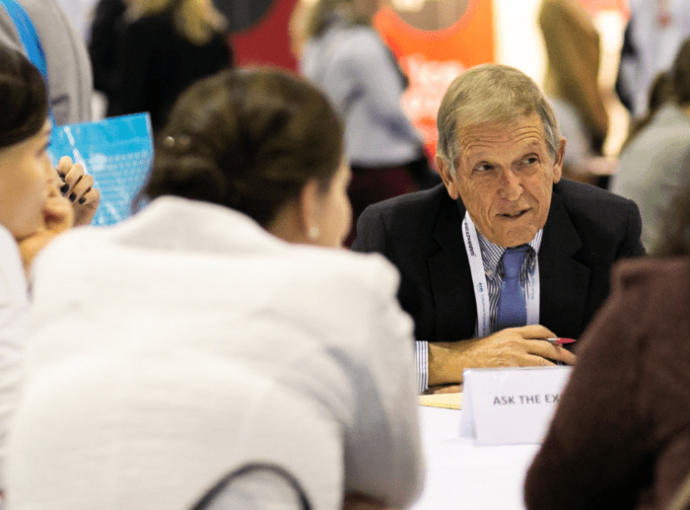
Authors are invited to submit abstracts, classified by topics. There is a limitation concerning the number of submissions per individual. Submitted abstracts are reviewed by the Scientific Programme Committee and scheduled as Oral Communications, e-Poster Presentations, or e-Poster Viewing.
Those abstracts scoring the highest will be allotted an Oral Communication. The author will have the opportunity to pre-record a 12-minute video presentation of their research which will be available on demand throughout the Congress. Dedicated chat-rooms for the TOP 10 topics will be available at specific times for Q&A with the authors.
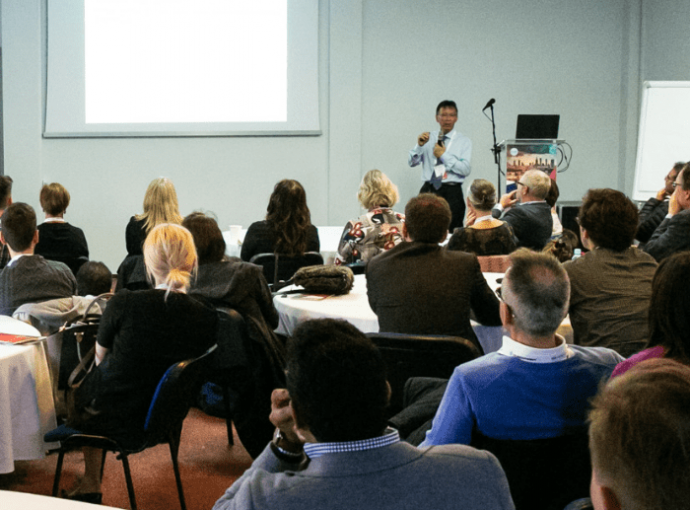
Authors in the second-highest category of scoring are invited to present their research findings or important ongoing research as an e-Poster Presentation, where they have 5 minutes to present their e-Posters with an audio recording. In addition, the authors will be able to share their personal zoom link with interested delegates through the virtual platform.
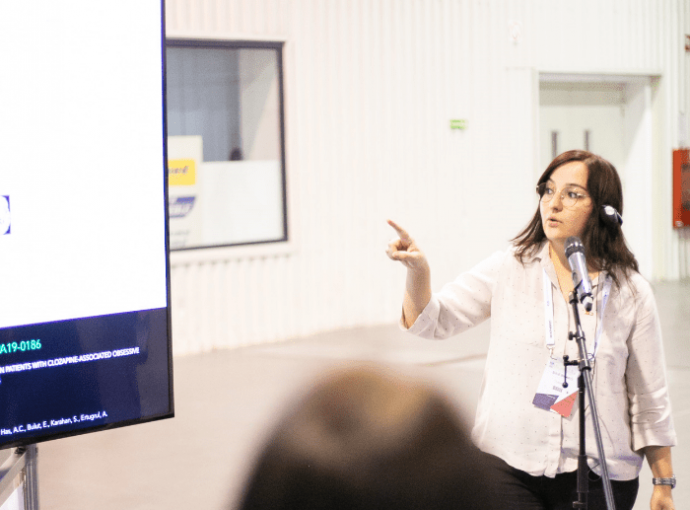
All other authors accepted for e-Poster status will be able to view their poster in the virtual platform. The e-posters are accessible to all delegates throughout the Congress for individual viewing. All accepted posters whose authors attended the Congress are published in the European Psychiatry Digital Abstract Supplement during and following the Congress.
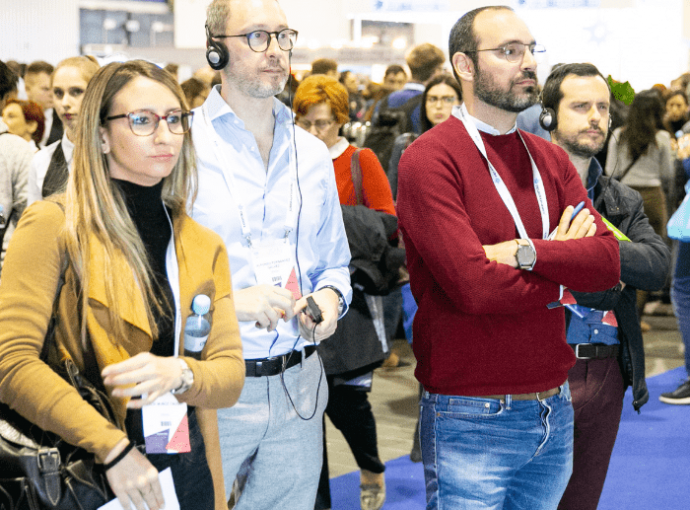
Satellite Symposia are organised by pharmaceutical companies in consultation with the Scientific Programme Committee. These sessions are fully integrated into the Congress, but are sessions entirely designed, produced and driven by the pharmaceutical industries by an unrestricted educational grant.
